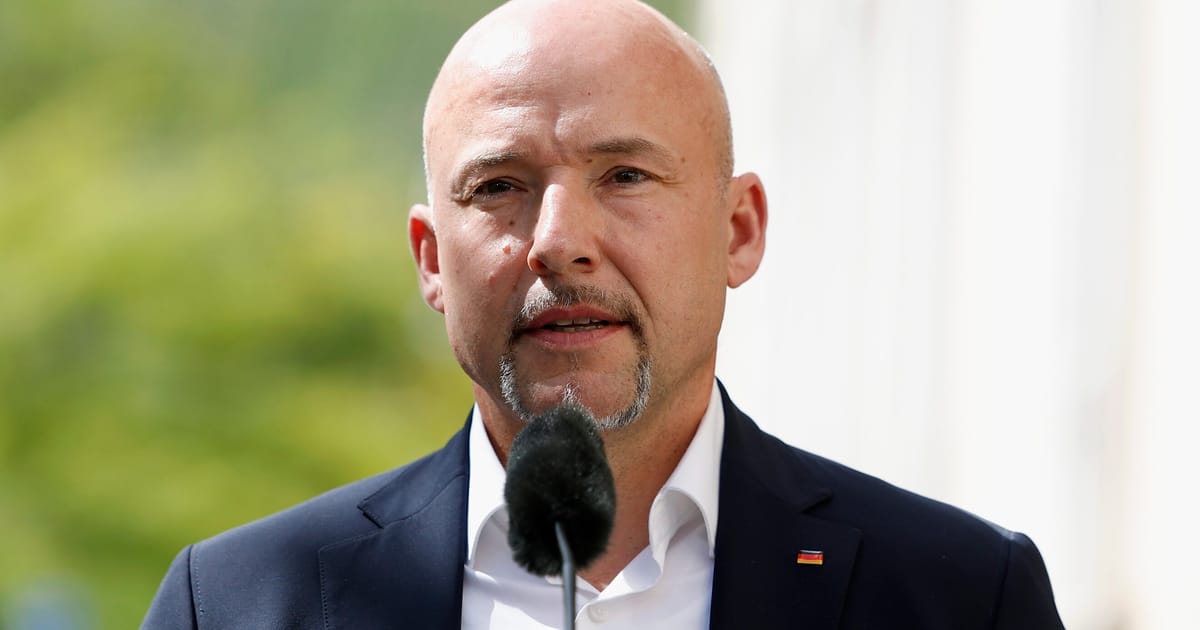Bavarian conservatives, who are part of von der Leyen’s conservative European People’s Party (EPP) and govern in an alliance with Merz’s Christian Democratic Union (CDU), say they will stand against the proposals.
“Unilateral pressure on Israel does not bring peace any closer,” said Hoffmann. “On the contrary, that is exactly what Hamas wants to achieve. You can criticize friends — yes, you even have to — but you cannot sanction friends.”
Von der Leyen has been under increasing pressure to take a tougher stance on Israel, including from inside her own Commission. But the reactions to her Israel proposals illustrated the continuing political divide, with some MEPs in the audience applauding while others jeered. Some of the harshest criticism of her proposals came from her own EPP.
Divides within Merz’s coalition
The dynamic in Brussels reflects to some extent the political divides inside Merz’s own coalition in Berlin.
Germany has traditionally been one of Israel’s closest allies, but Merz has criticized the Israeli government — including its recent attack on Hamas targets in Qatar — in unusually strong terms for a German chancellor. At the same time, his coalition has stopped short of supporting punitive action on the EU level.
Last month, however, Merz announced that Germany would partially suspend weapons deliveries to Israel following its government’s move to expand military operations in Gaza. The chancellor was then confronted with a backlash from inside his own conservative alliance.

